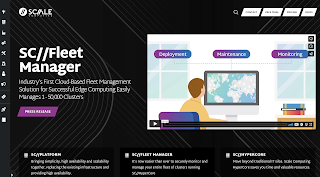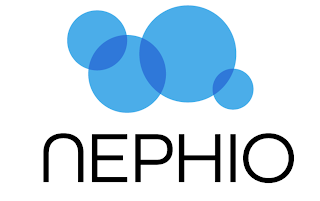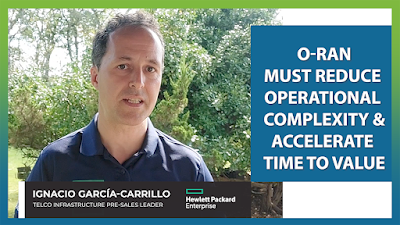ADVA expanded its uCPE solution with Ensemble Cloudlet, a new software set to help enterprises harness edge computing. The software enables CSPs to offer customers an edge cloud with localized control. ADVA says it Ensemble Cloudlet can manage tens of thousands of edge clouds to host customer IT workloads, opening up a wealth of new revenue streams for CSPs.
Ensemble Cloudlet extends traditional uCPE deployments by clustering multiple nodes together in a single cloud and delivering managed on-premises edge computing.
“Our Ensemble Cloudlet is a key step in the evolution of the cloud. No longer is it something hosted solely in large, centralized data centers. Now it’s easy to harness the benefits of multi-node clouds right on the customer premises. That means enterprises can utilize applications that require access to compute resources with extremely low latency. It also gives organizations with highly sensitive data the ability to keep all information in a specific area for complete data sovereignty,” said Mike Heffner, GM at Edge Cloud, ADVA. “And for CSPs, our Ensemble Cloudlet opens the door to a world of new opportunities. They already have the infrastructure in place to deliver hybrid workload clouds at the customer edge. Now we’re providing the easy scalability and secure remote management capabilities to make it work. CSPs can start with a single node and then scale up to meet customer demand.”











































